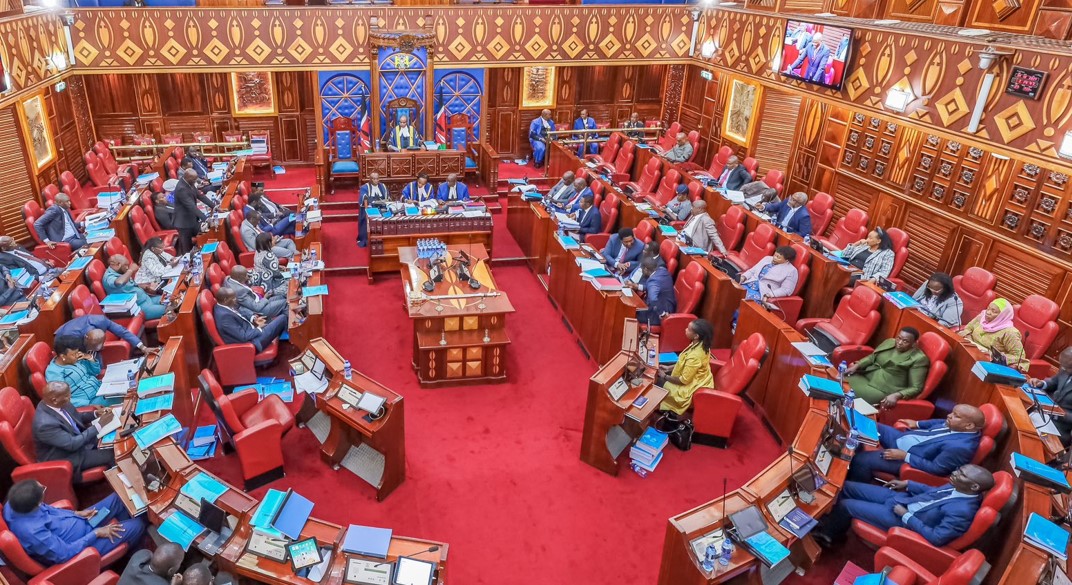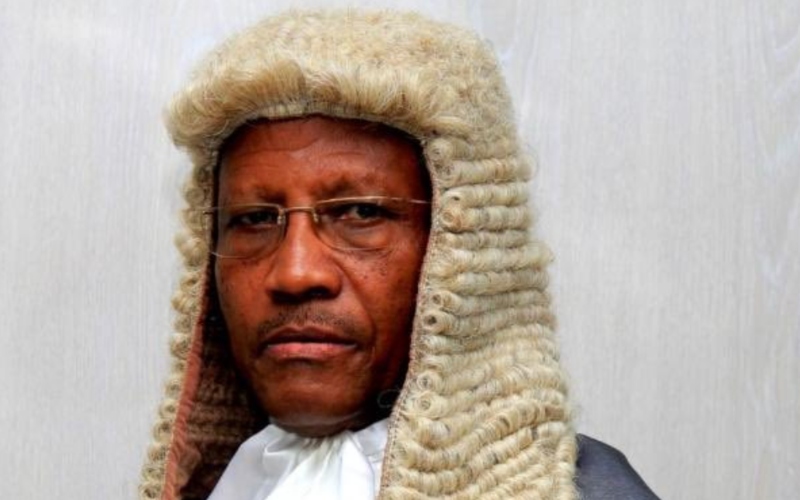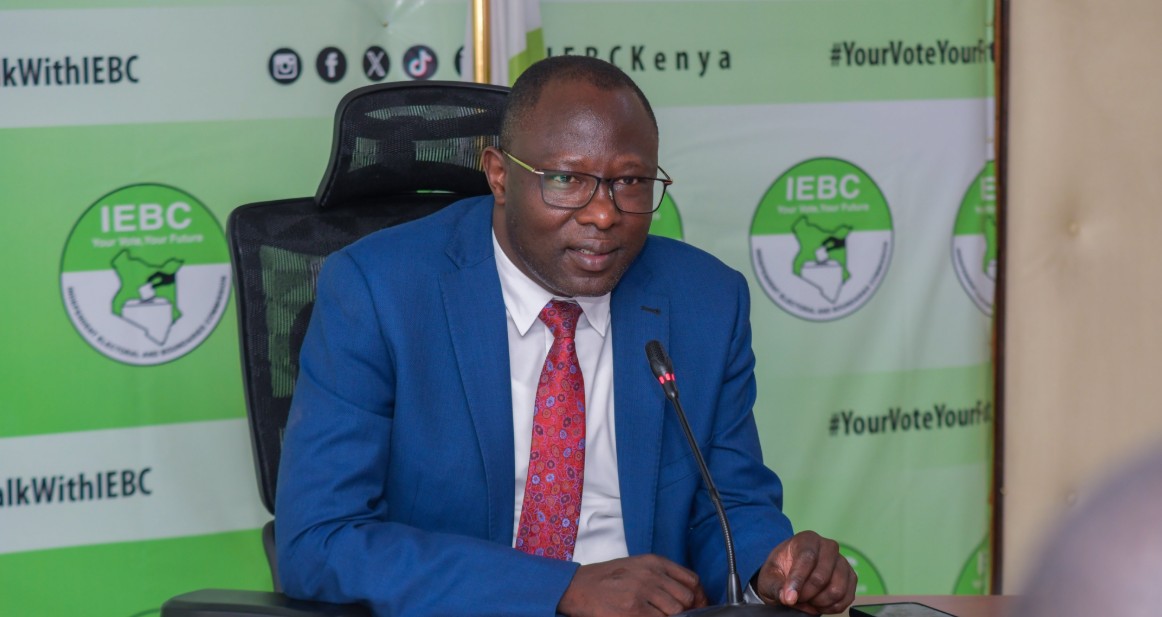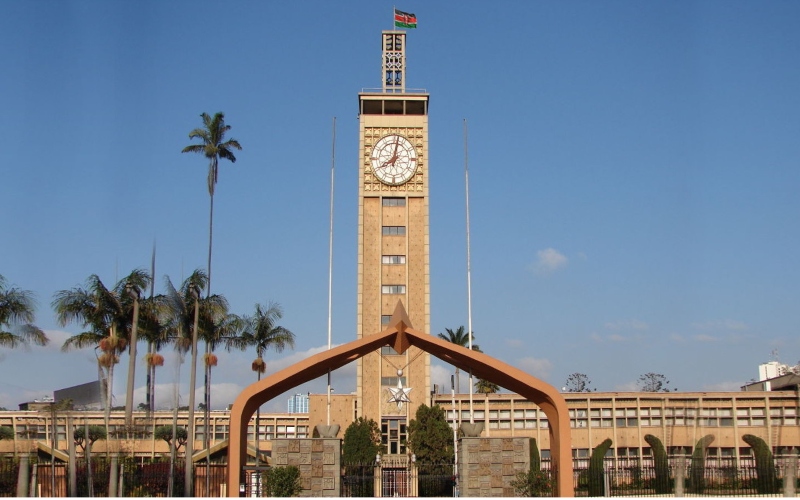Tension mounts as school heads, teachers’ union reject new TSC leadership structure
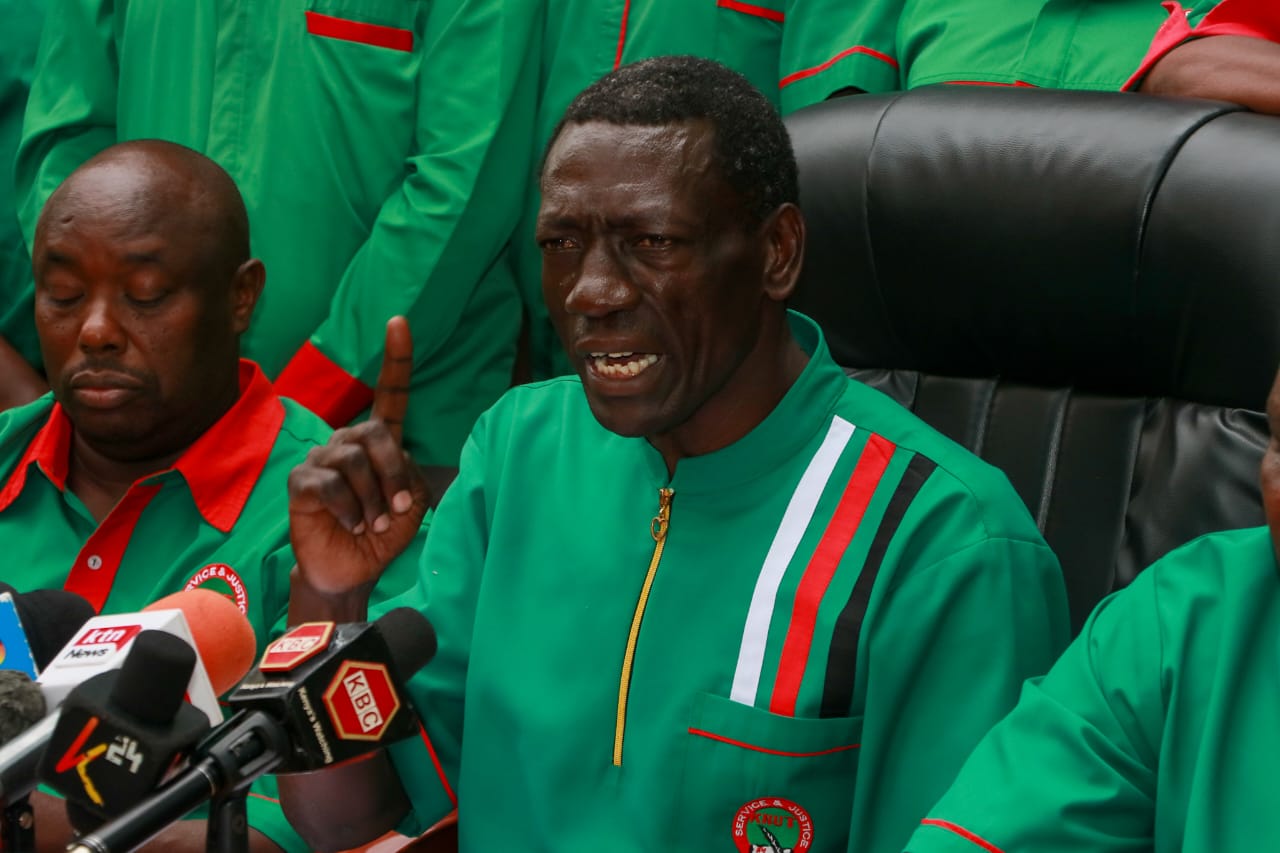
They argue that placing junior school teachers, many of whom are recent college graduates, in high-ranking roles undermines the experience and authority of established school heads.
Tension is rising in Kenya’s education sector as school leaders and the teachers’ union push back against a proposed administrative structure that could give newly recruited junior school teachers leadership roles equal to those of long-serving school heads.
The controversy highlights a growing divide in comprehensive schools, which combine primary and junior school sections under one management system.
More To Read
- Government urged to fast-track transition of basic education institutions to comprehensive schools
- 78 people arrested over exam malpractice as KCSE enters final stretch
- TSC calls on teachers to embrace professional development for CBE curriculum
- Teachers warn CBE curriculum risks undermining religious education, spiritual growth
- How AI is reshaping education across Africa
- KUPPET flags stalled promotions, internship contracts for teachers
The plan, unveiled by Antonina Lentoijoni, Director of Staffing at the Teachers Service Commission (TSC), seeks to introduce a new school hierarchy.
According to the proposal published by the Daily Nation, each comprehensive school would have a principal at the helm, supported by two deputies: one responsible for the primary section and the other overseeing junior school operations.
However, both the Kenya Primary Schools Heads Association (KEPSHA) and the Kenya National Union of Teachers (KNUT) have dismissed the model as unworkable and disrespectful to existing leadership structures.
They argue that placing junior school teachers, many of whom are recent college graduates, in high-ranking roles undermines the experience and authority of established school heads.
This debate emerges after nearly three years of interaction between head teachers and junior school staff under the Competency-Based Curriculum, which saw more than 80,000 teachers deployed across about 20,000 junior schools nationwide.
The temporary arrangements have sometimes caused friction, with senior leaders feeling their roles are being sidelined.
Acknowledging these tensions, Lentoijoni emphasised that head teachers continue to manage junior school functions under interim guidelines.
“Until we put up a structure legally, our head teachers are still helping us, and they have guidelines on how to handle the situation,” she said.
KEPSHA chairperson Fuad Ali called the plan unacceptable, warning that the proposal risks politicising schools.
“We do not want politics in our schools. You either respect the administration of the day in the comprehensive schools or go and teach in a senior school,” said Fuad Ali, who also heads Nairobi Comprehensive School. He added that teachers uncomfortable with the current arrangement should move with Grade 9 learners to senior schools.
KNUT Secretary-General Collins Oyuu criticised the idea of rapid promotions for junior school tutors, stressing that experience and years of service should dictate advancement.
“You cannot come from college yesterday and purport to be a deputy head of an institution. You cannot!” said Oyuu.
He further explained that promotions should take into account teaching experience, qualifications, and previous levels taught.
Citing historical practice, Oyuu noted that institutions handling the Kenya Junior Secondary Examination, O-levels, and Higher Education exams were led by a single principal, with promotions based on seniority.
“TSC, we are watchful. Promote those who have the length of service in teaching,” he warned.
The commission is reviewing staffing norms to bring them in line with the recommendations of the Presidential Working Party on Education Reforms, which aims to streamline management in comprehensive schools while maintaining respect for experienced staff.
Top Stories Today







